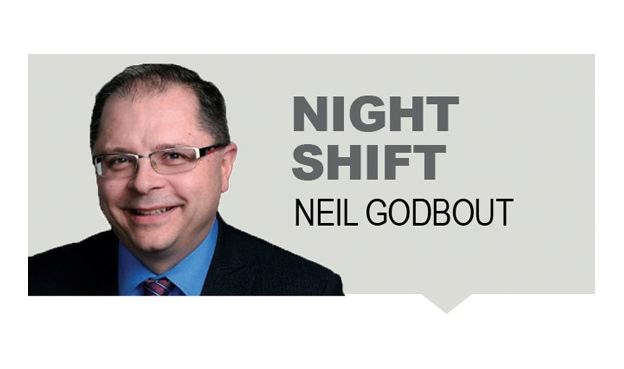A young man wanders into the wrong part of town but is saved from attackers by the neighbourbood old kook.
The crazy old fella takes the opportunity to fill the impressionable young man’s head with all sorts of crazy ideas, including a pile of quasi-religious mumbo jumbo about a now-defunct cult the old guy was part of with the young man’s dad. In short order, the young man is convinced to join a band of insurgents intent on civil war and overthrowing the government. He goes on to kill thousands in a successful attack on a government military base.
That young man’s name is Luke Skywalker.
But is he a terrorist?
Based on the above summary of A New Hope, the first Star Wars movie from 1977, he seems to be.
When viewers first meet Luke, he’s an immature adolescent making a decent living working on his family’s farm and spending his free time shooting womp rats in Beggar’s Canyon with his best pal Biggs.
He abandons this dull but peaceful life in favour of using extreme violence to bring freedom to a galaxy he knows nothing about beyond his upbringing on an isolated desert planet. He can’t wait to overthrow an empire that, while non-democratic and authoritarian, has brought a semblance of peace and order to most people, himself included.
He’s tempted to join the rebellion but his family responsibility initially stops him (“I’ve got to get home… I can’t get involved… I’ve got work to do… there’s nothing I can do right now… it’s all such a long way from here.”). Only when he discovers Imperial storm troopers have murdered his aunt and uncle in the search for the missing droids does a grieving Luke side with old Ben Kenobi and join the rebellion.
Seen from this perspective, Skywalker is little more than an ignorant farm kid whose grief and desire for revenge are radicalized to serve an insurgency. The Force is presented to him as a moral and spiritual justification for his actions, positioning his enemies as cruel, inhuman soldiers under the spell of the dark side. If they won’t change willingly, they must die, casualties in a righteous and necessary war.
Does that make him any different from an ISIS recruit in Syria or Yemen?
But Skywalker isn’t a terrorist and a mass murderer, of course. He is a freedom fighter, a loyal friend and, we eventually learn, a devoted son willing to die in an effort to save his father’s soul.
And that military base he destroys is the Death Star, an interstellar weapon that had already been used to commit genocide, wiping out an entire planet and its inhabitants.
But it all depends on perspective, doesn’t it?
Applied to recent events much closer to home, the same perspective sheds light on the surge in extremist thought and behaviour.
Yellow Vest protesters see themselves as today’s Luke Skywalkers, awakened to the clear and present danger of Justin Trudeau selling out Canada to Quebec, to immigrants and to a new world order.
Qanon followers see themselves as real-life Princess Leias and Han Solos, battling urban, intellectual elites enslaving children for sex, controlling every aspect of modern life and selling out America to the Jews, the Mexicans and George Soros.
Calling these people racists and conspiracy theory quacks doesn’t shame them. It empowers them.
When Darth Vader and the Emperor mock him for refusing to accept his destiny and embrace the power of the dark side, he is not ashamed. He is empowered.
In the same way that Star Wars is far more about the personal struggles of its heroes (and the redemption of its central villain) than it is about a civil war, the Yellow Vesters and Qanon followers also see their struggle against the many perceived evils of modern society as deeply personal.
On one hand, it seems trivial to apply the themes and characterizations of Star Wars to complex and very real social forces. Yet it also shows how easily individuals can insert themselves into the middle of a compelling and heroic narrative to give their lives meaning and purpose.
ISIS fighters are willing to fight and die for their cause, as are Luke and his friends.
Hopefully the Yellow Vest brigade, Qanon followers and other people with fringe beliefs stick to peacefully sharing their grievances at roadside protests.
Last month’s deadly siege at the U.S. Capitol, however, shows there are now some willing to take their battle to the next level, while ensnaring others in their bogus conspiracies and lies.



